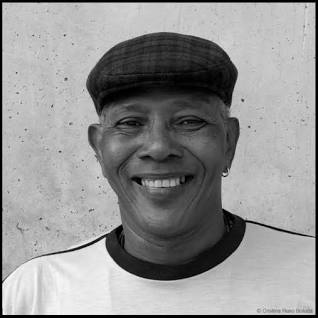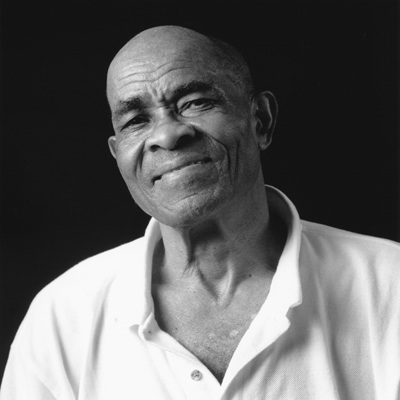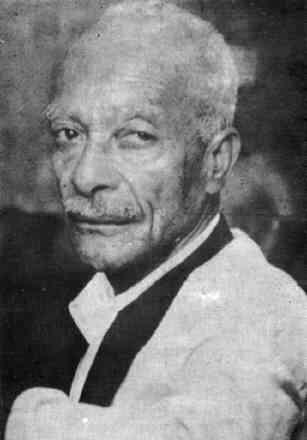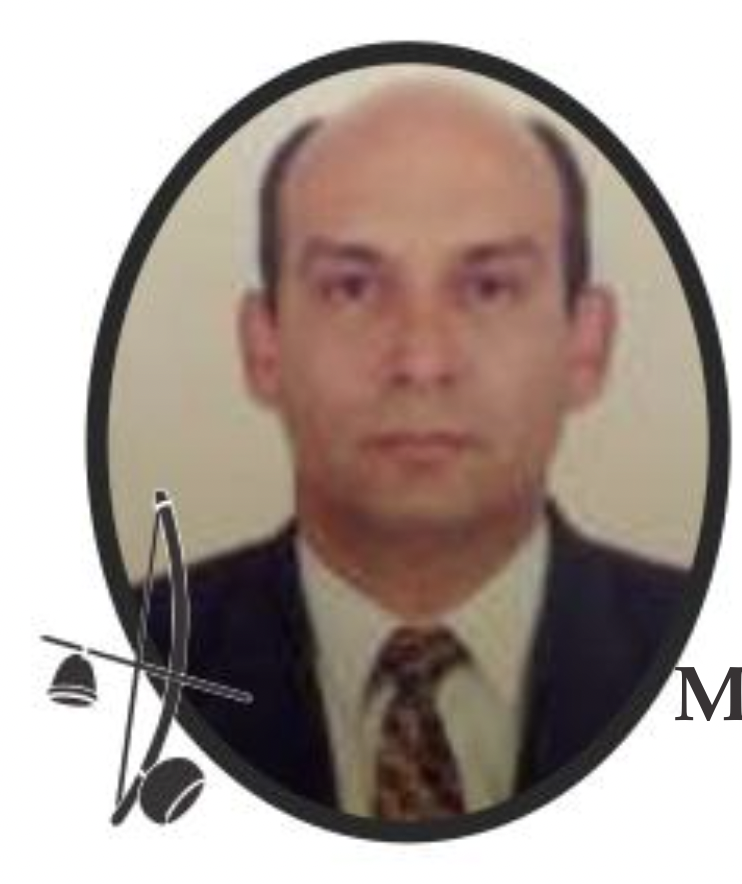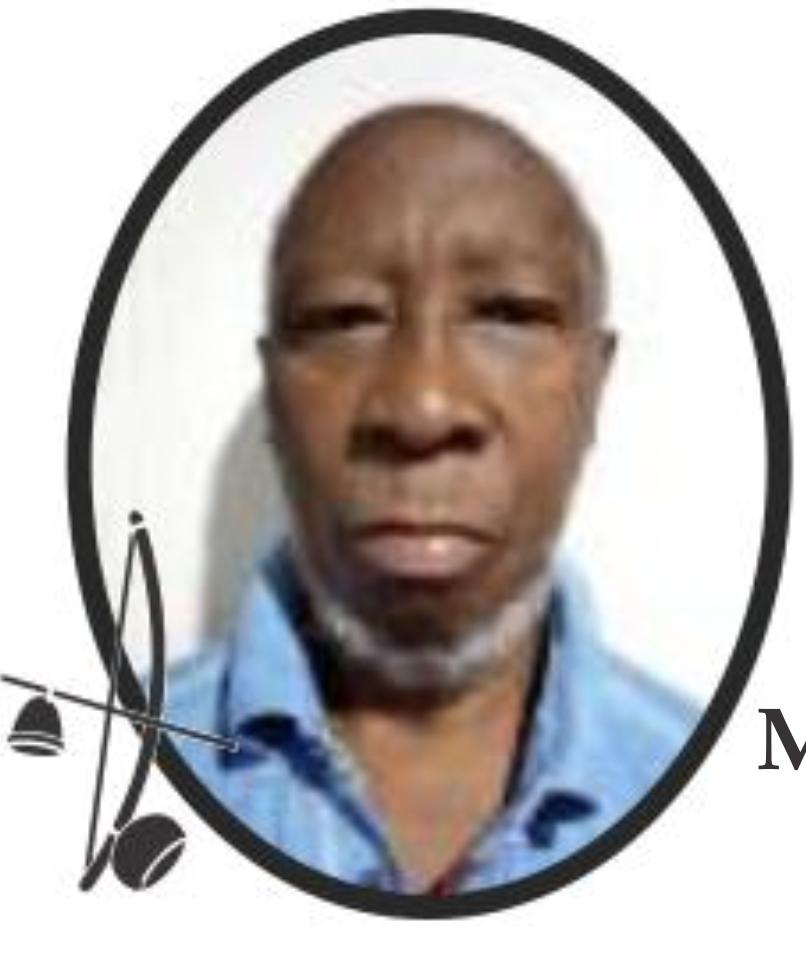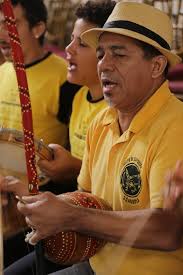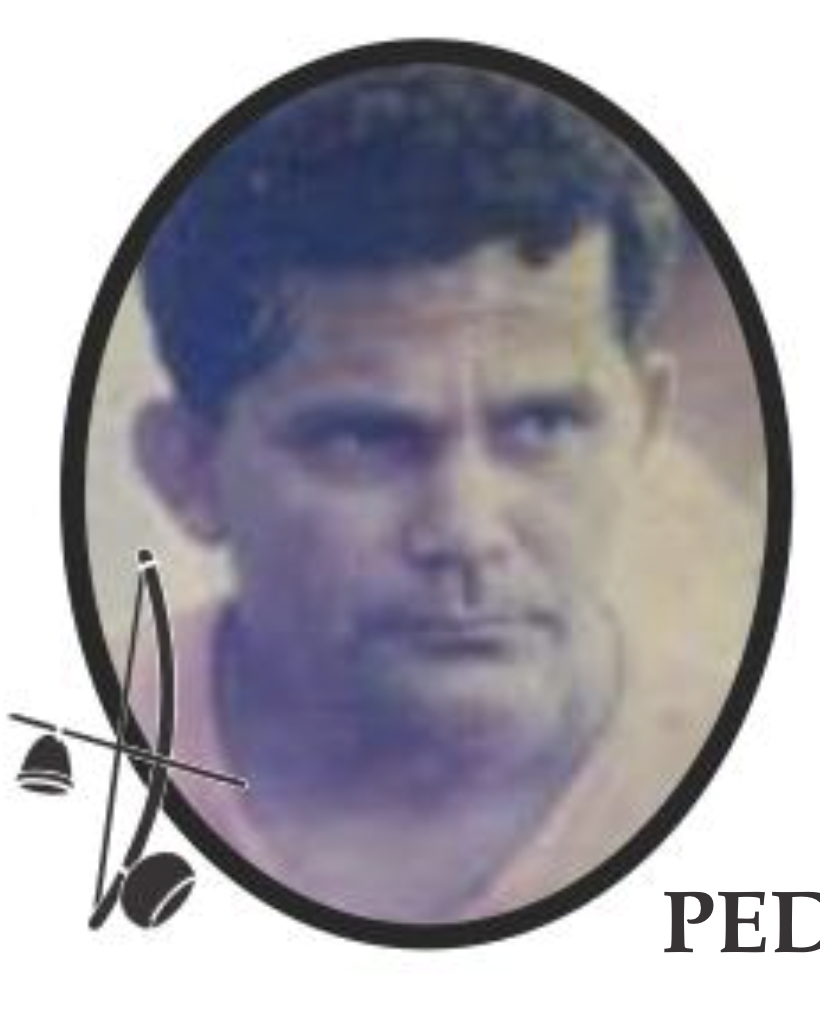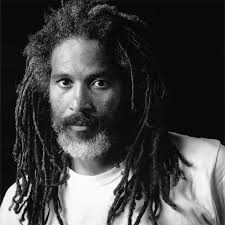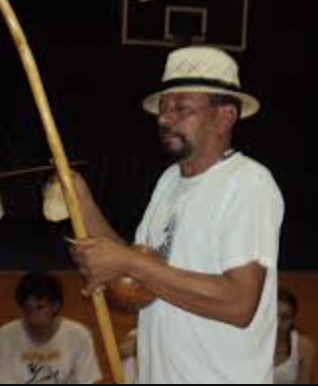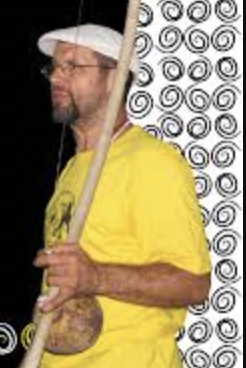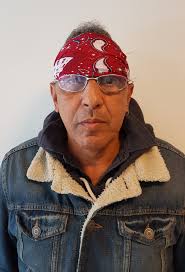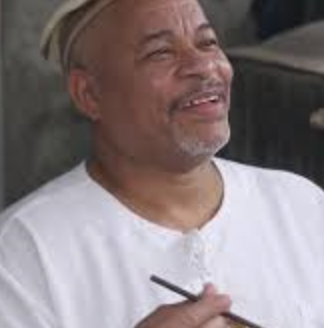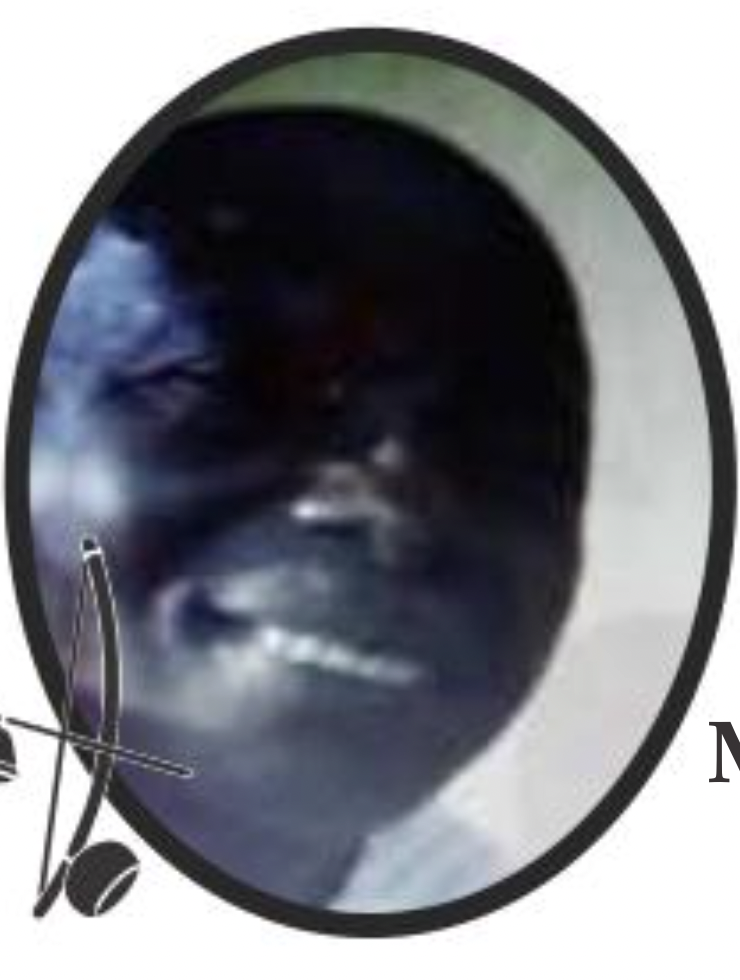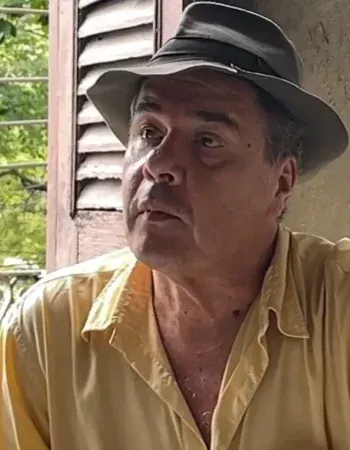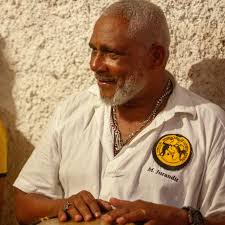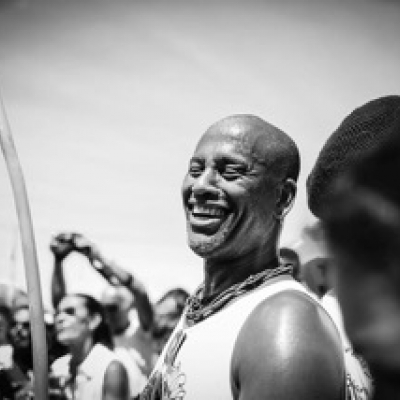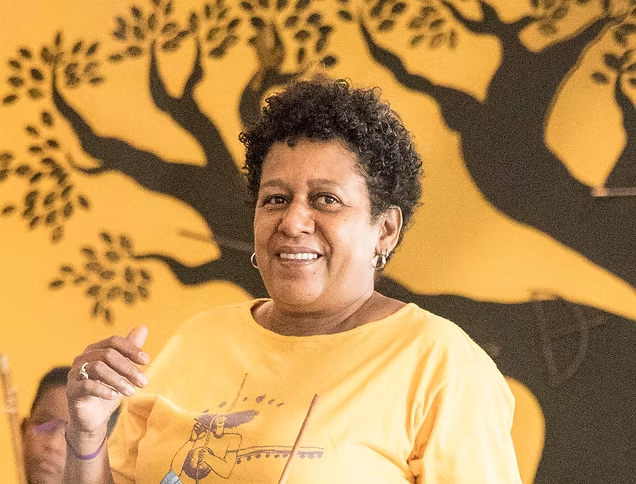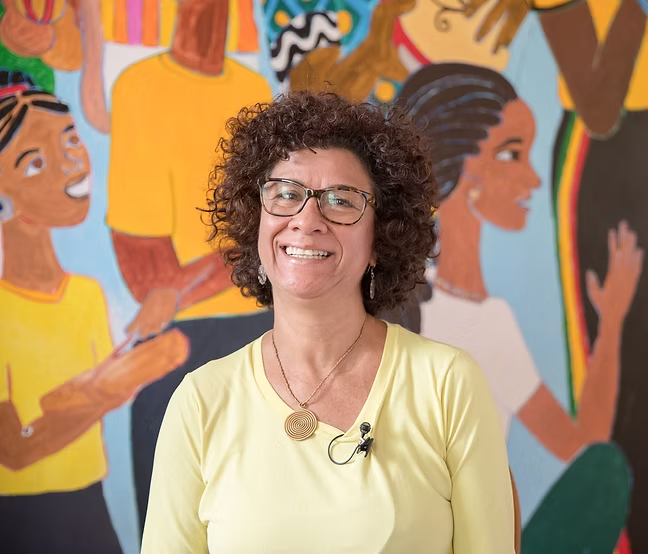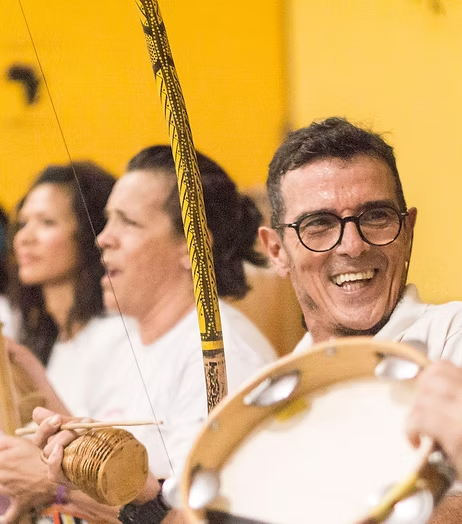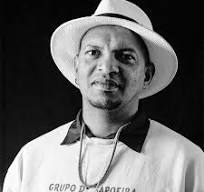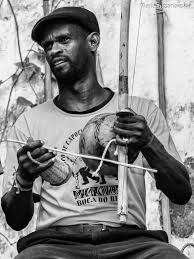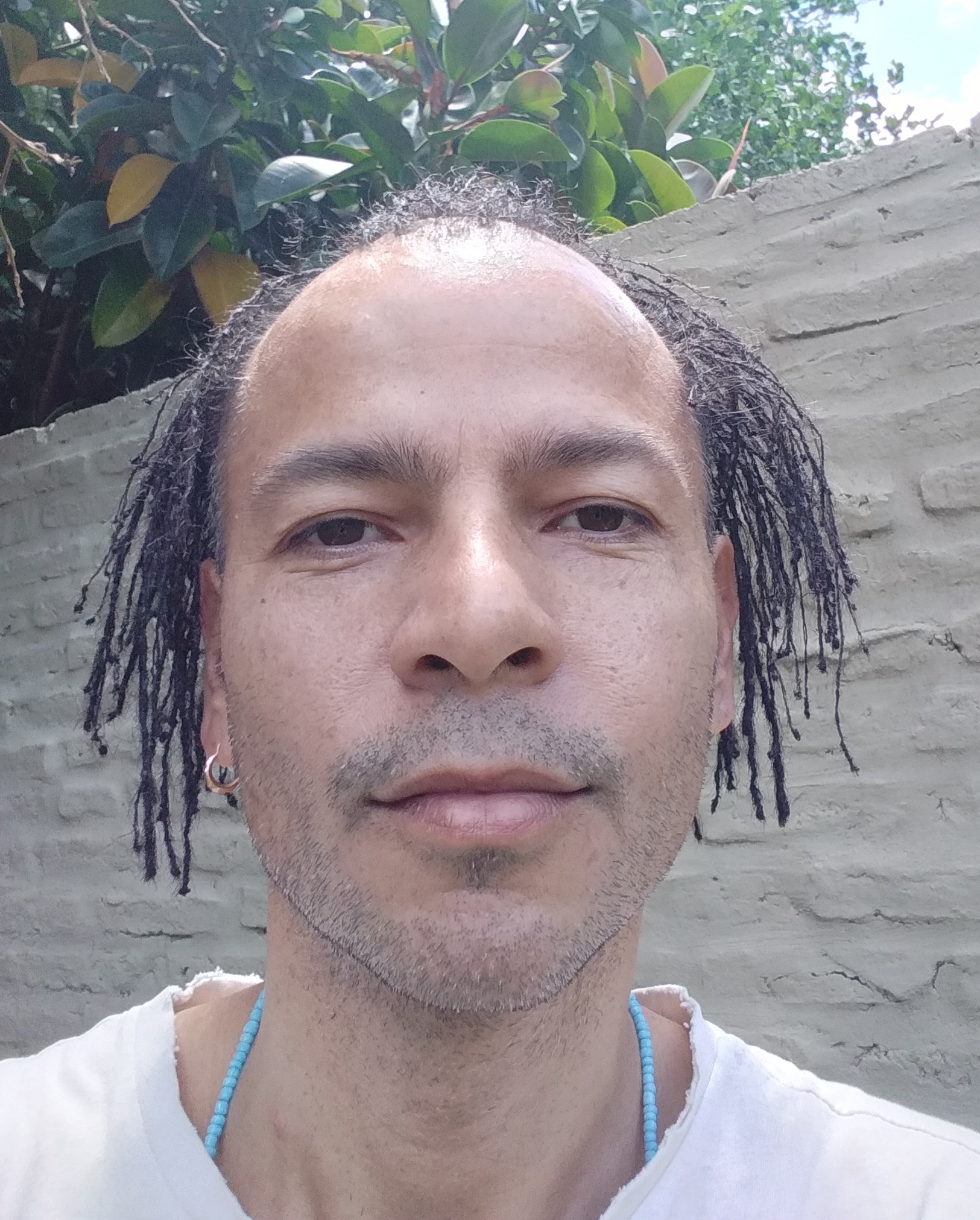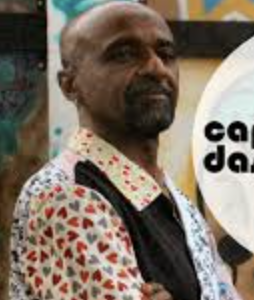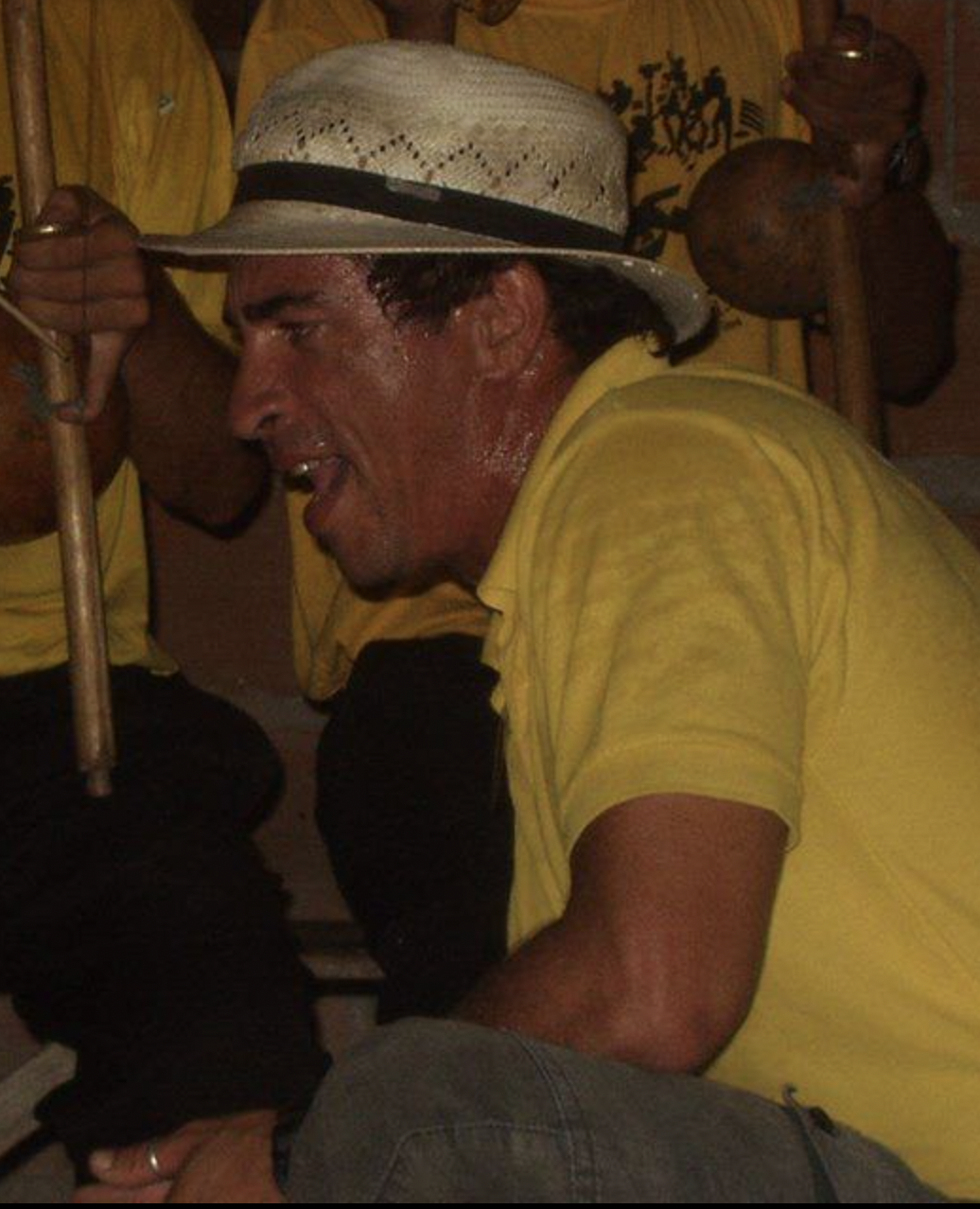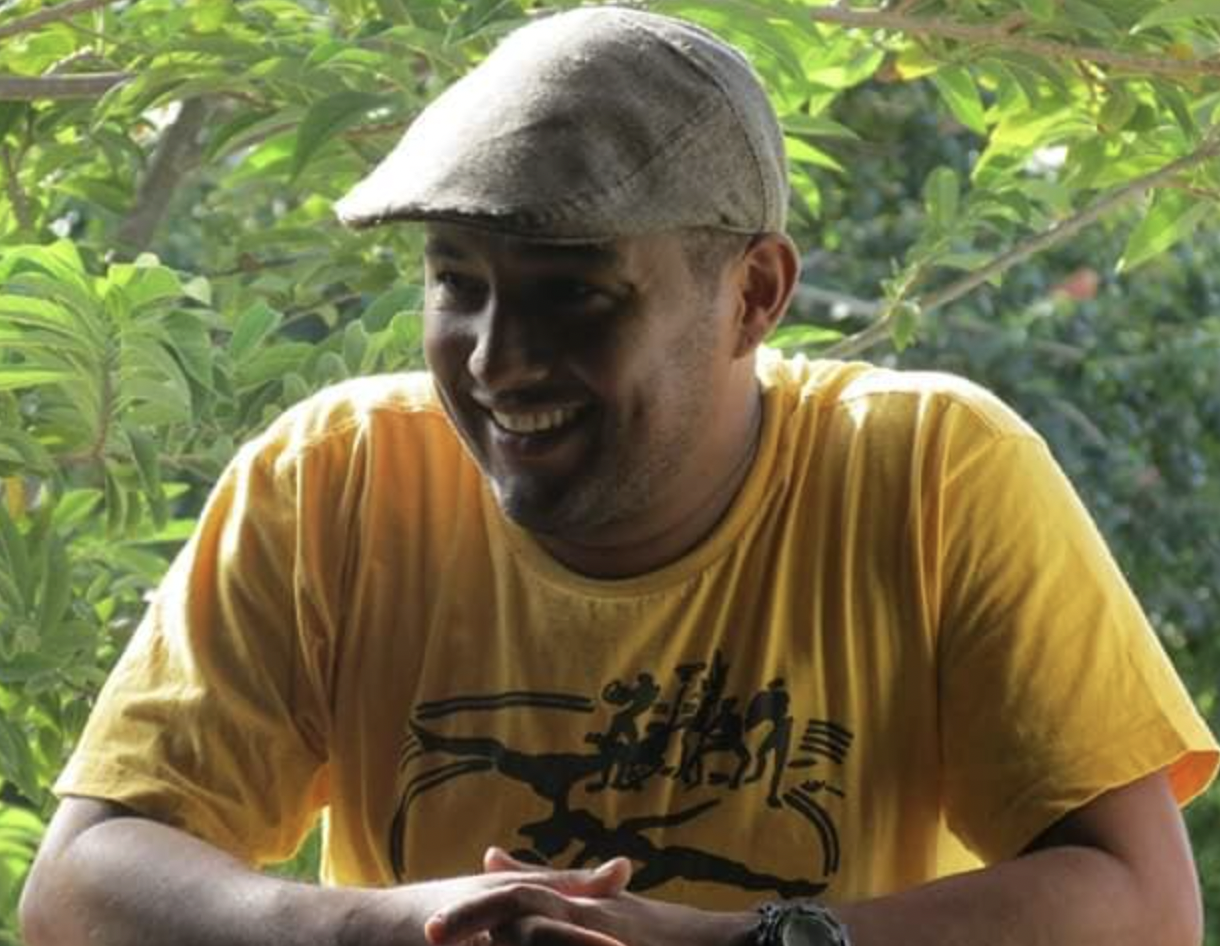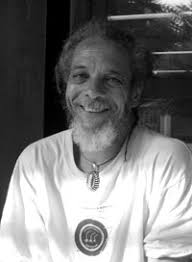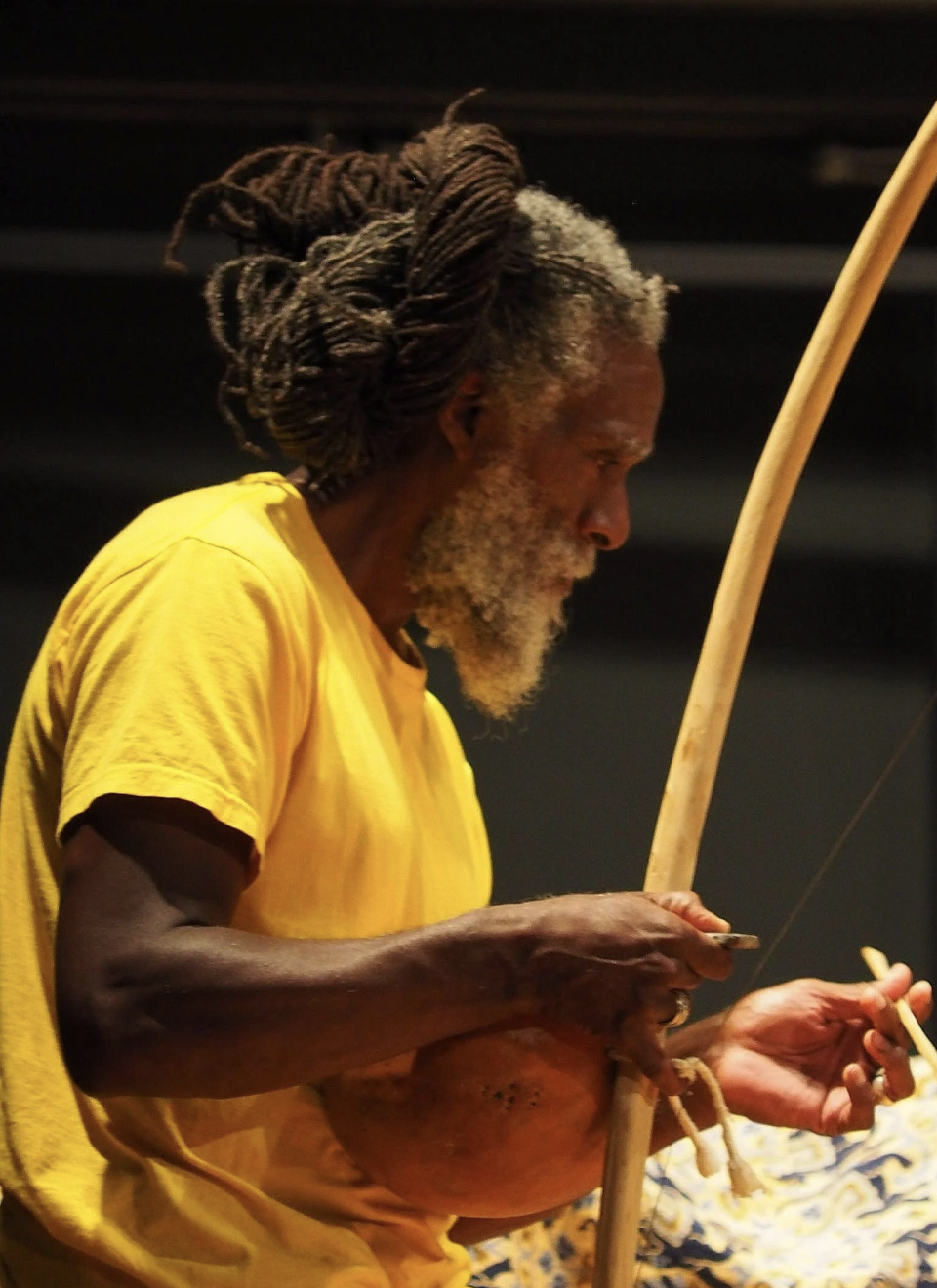- Lives in: Salvador, Bahia, Brazil
- Date of Birth: 09-Feb-1950
- Learned from: Mestre Joao Grande, Mestre Pastinha
- Capoeira Style: Angola
Biography:
Pedro Moraes Trindade, commonly known as Mestre Moraes, was born on February 9, 1950, in Ilha de Maré, Salvador, Brazil. He is a renowned mestre of Capoeira, specifically Capoeira Angola, the traditional style of Capoeira in Bahia, Brazil. Mestre Moraes began his training at the age of eight, learning Capoeira de Angola from a young age. His father was also a Capoeirista, which influenced his early exposure to the art.
In the 1950s, Moraes started his studies at the academy of Vicente Ferreira Pastinha, the legendary master of Capoeira Angola. However, by the time he joined Pastinha’s academy, Mestre Pastinha was blind and could no longer teach. The academy was then run by two of Pastinha’s students, João Grande and João Pequeno, who were responsible for the classes. Moraes regards João Grande as his true teacher, as it was João Grande’s inspiring style of play that made a lasting impression on him.
In 1970, while working for the Brazilian military, Mestre Moraes moved from Salvador to Rio de Janeiro, where he lived for twelve years. During this time, he continued to develop his knowledge and practice of Capoeira. In 1980, he founded Grupo Capoeira Angola Pelourinho (GCAP) with the goal of preserving and transmitting the teachings of his mentors. Two years later, he moved GCAP back to Salvador. His focus was to return to Capoeira’s philosophical roots and its African, particularly Angolan, heritage, distancing the practice from its more commercialized and martial-arts-driven aspects.
Mestre Moraes is a passionate advocate for Capoeira Angola and believes that the art form’s roots can be traced to the n'golo, or "zebra dance," a ritual combat performed by young warriors in southwestern Angola. He played a crucial role in codifying the Angolan musical style of Capoeira and defining its basic instrumental ensemble. Under his leadership, GCAP requires all its members to be well-versed in all aspects of Capoeira Angola's music, as he believes the music is an integral part of the practice.
Mestre Moraes has also articulated a philosophical perspective on Capoeira Angola. He views the capoeira ring as a symbolic representation of the "macro" world, where the movements inside the ring reflect the challenges and adversities we face in life. According to him, life’s "opponents" may not understand Capoeira, but they have their own movements and struggles. The goal in Capoeira, as in life, is to interpret and understand these movements in context, using the capoeira ring as a reference point. In his words, "Playing in the ring, we succeed in establishing a fusion between playful elements and respect for the other person. But the ring isn’t reality: the world is. If we win in this ring, we can take the other one too!"
Today, Mestre Moraes resides in Salvador, Bahia, where he divides his time between teaching English and Portuguese at a public school and directing GCAP. GCAP has evolved into more of a cultural outreach project, training both adult students who visit from around the world and children who otherwise might lack direction and a positive outlet for their energy.
